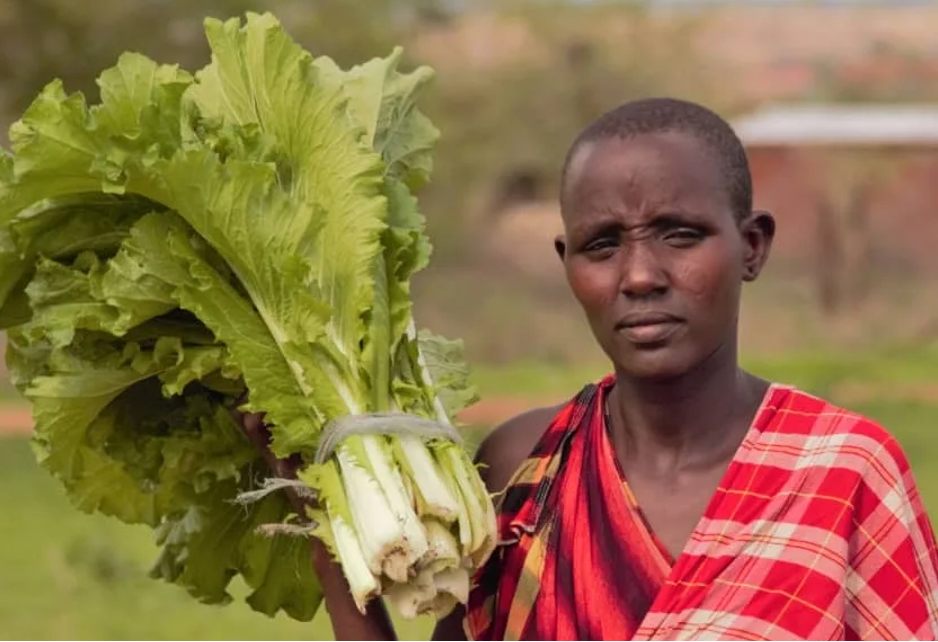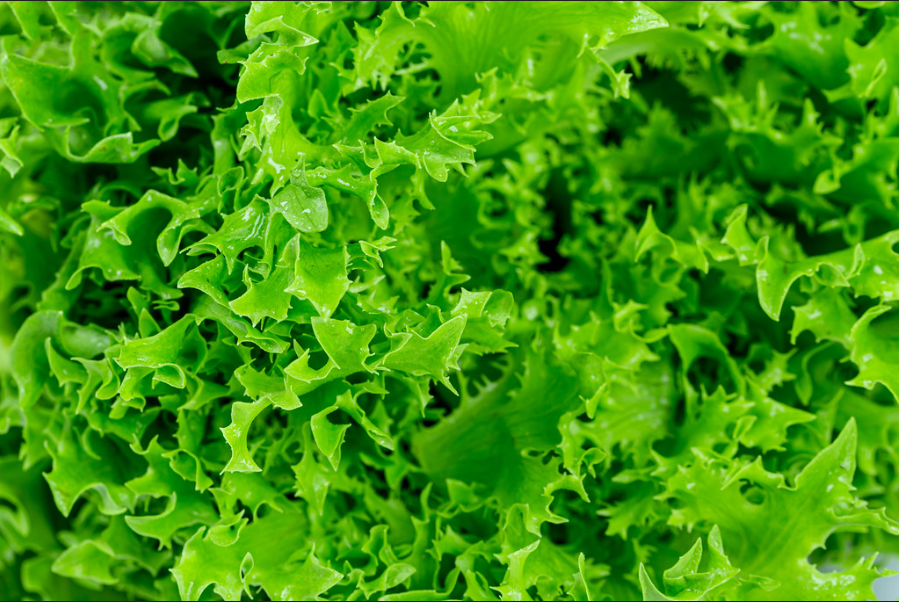Dar es Salaam, Bonn-Germany. In a significant stride towards community-led conservation and sustainable development, the Global Landscapes Forum’s (GLFx) network of chapters, one of the GLF’s programs welcomes the Maasai Steppe chapter, an initiative spearheaded by the Tanzania Conservation and Community Empowerment Initiative (TACCEI).
This marks a historic moment as the first initiative from Tanzania joins the GLFx network, a global community dedicated to transforming landscapes and fostering positive change.
Situated in Manyara Region, the Maasai Steppe chapter is at the forefront of landscape transformation and community empowerment. By collaborating with the Indigenous Maasai community in the Simanjiro district, the chapter aims to address critical issues such as deforestation, land degradation, wildlife conservation, and gender-based violence.
The initiative’s multifaceted approach encompasses community-led conservation, sustainable agriculture, entrepreneurship training, and wildlife research.
TACCEI, the driving force behind the Maasai Steppe chapter, emphasizes the importance of balancing the coexistence of wildlife and local communities in the face of numerous challenges.
The landscape grapples with issues like agricultural expansion, firewood and charcoal production, overgrazing, and inefficient management practices. Climate change poses an additional threat, exacerbating water scarcity and impacting the delicate ecological balance.
One of the key focuses of the chapter is community-led conservation, recognizing the vital role Indigenous communities play in preserving biodiversity. By engaging the Maasai community, the initiative seeks to build resilience to climate change and conserve the unique flora and fauna of the region.

Sustainable agriculture takes center stage as a viable business opportunity for the Maasai community. The Maasai Steppe chapter plans to train 150 women in kitchen gardening and empower 200 individuals with entrepreneurship skills.
This approach not only ensures food security but also creates economic opportunities that contribute to the overall well-being of the community.
Addressing gender-based violence is another crucial aspect of the Maasai Steppe chapter’s mission. By actively working towards the mitigation of gender-based violence, the initiative strives to create a safer and more inclusive environment for all community members.
Wildlife research, particularly in the context of human-carnivore conflicts, is a cornerstone of the Maasai Steppe chapter’s activities.
By understanding and addressing these conflicts, the initiative aims to foster harmonious coexistence between the Maasai community and the surrounding wildlife.
Operating within the GLFx network provides the Maasai Steppe chapter with a valuable platform to connect with like-minded organizations and partners worldwide. This collaboration opens doors to learning opportunities, increased visibility, and crucial funding to support their landscape management, governance, and restoration activities. The GLFx network acts as a catalyst, propelling local initiatives to scale their impact and contribute to global efforts in landscape transformation.
“We are working hard to find the balance between wildlife and people in our landscape, conserving biodiversity, and building community resilience to face climate change,” expressed the TACCEI team.
With the Maasai Steppe chapter’s induction into the GLFx network, this commitment gains additional momentum, fostering hope for a sustainable and harmonious future in the Manyara Region and beyond.



Thanks for sharing. I read many of your blog posts, cool, your blog is very good. https://accounts.binance.com/vi/register-person?ref=WTOZ531Y
Muchas gracias. ?Como puedo iniciar sesion?
Good day! Do you know if they make any plugins to assist with SEO? I’m trying to get my blog to rank for some targeted keywords but I’m not seeing very good results. If you know of any please share. Kudos!
https://metabo-partner.com.ua/tekhnologii-zakhystu-ta-dovhovichnosti-linz-v-avtomobilnykh-farakh